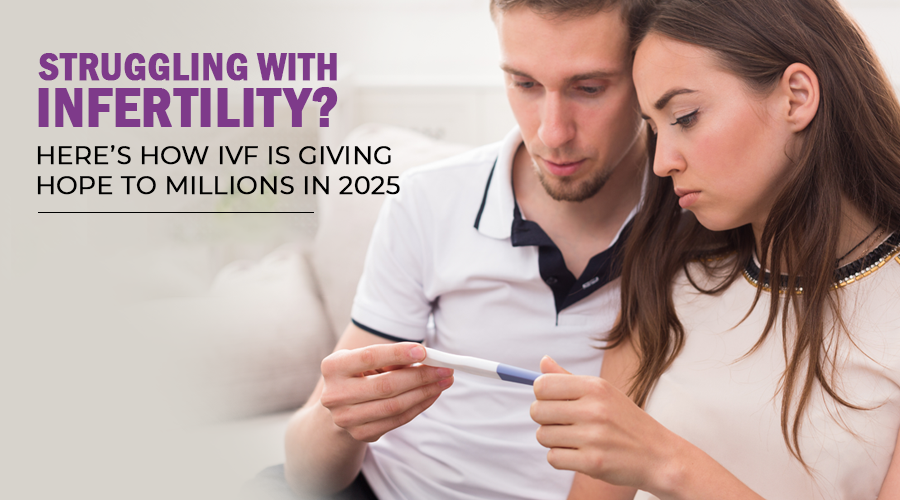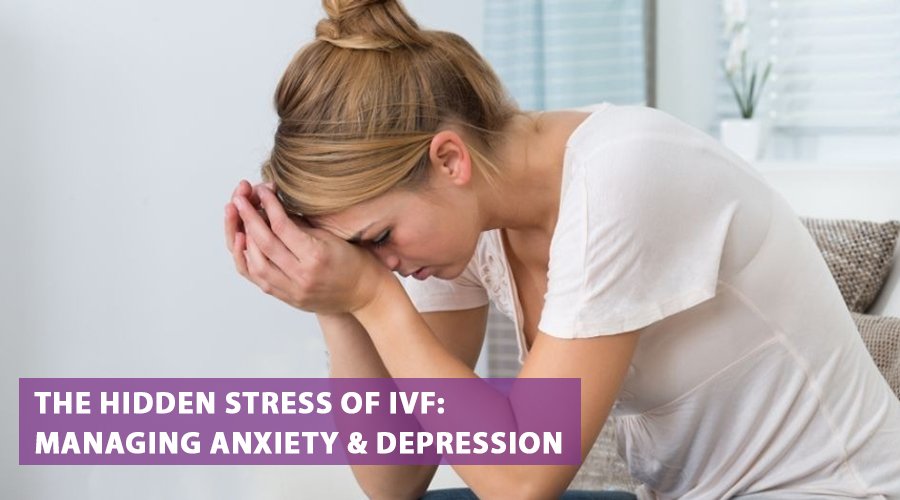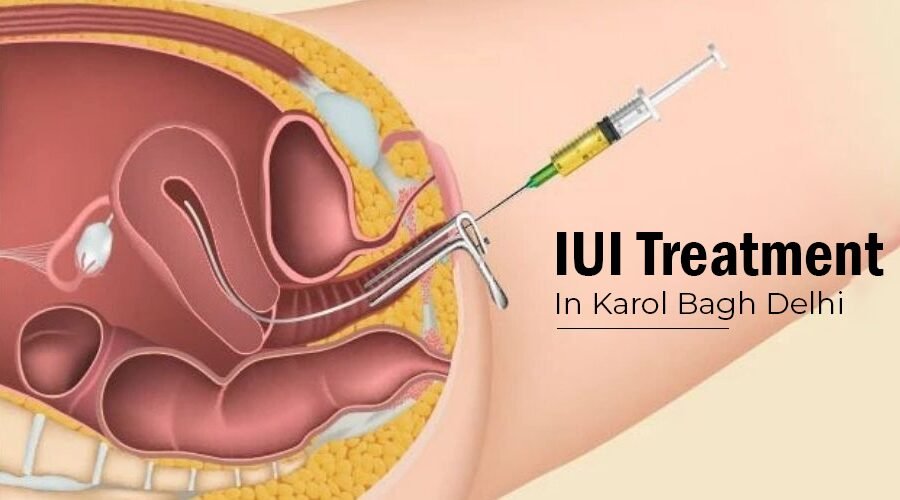In-vitro fertilization (IVF) offers hope to millions of couples struggling with infertility Dr. Jyoti Bali is the best IVF doctor in Delhi NCR. However, despite medical advancements and precise techniques, IVF doesn’t always lead to a successful pregnancy. When an IVF cycle fails, it can be emotionally devastating and confusing. Understanding why it might fail is a critical step toward emotional healing and planning your next move.
In this blog, we’ll explore the most common reasons why IVF fails—and more importantly—what steps you can take next.
🔍 Common Reasons Why IVF Fails
1. Poor Egg Quality
Egg quality declines with age, especially after 35. Even if fertilization occurs, poor-quality eggs may not develop into healthy embryos or lead to successful implantation. At the best IVF center in Delhi NCR, we offer advanced fertility treatments and personalized care to help overcome age-related fertility challenges.
What you can do:
- Consider supplements like CoQ10 and a fertility-friendly diet
- Discuss the possibility of using donor eggs if advised
2. Embryo Abnormalities
Even high-grade embryos can have chromosomal issues (aneuploidy), which prevent successful implantation or lead to early miscarriage.
What you can do:
- Ask your doctor about Preimplantation Genetic Testing (PGT) to screen embryos before transfer
3. Implantation Failure
Sometimes, even a healthy embryo doesn’t implant in the uterine lining. This could be due to uterine abnormalities, poor endometrial receptivity, or immune system factors.
What you can do:
- Request a hysteroscopy or endometrial receptivity test (ERA)
- Explore medications or protocols to improve the uterine lining
4. Sperm Quality Issues
While IVF often focuses on the woman’s health, poor sperm quality can also lead to fertilization failure or poor embryo development. At the best fertility clinic in Delhi NCR, we address both male and female fertility factors to ensure the highest chances of success. Explore Azoospermia Treatment in Delhi.
What you can do:
- Consider advanced sperm testing (DNA fragmentation)
- Lifestyle changes, supplements, or surgical sperm retrieval may be recommended
5. Age-Related Factors
Age impacts both egg and sperm quality. Women over 40 often have lower IVF success rates, even with good hormone levels.
What you can do:
- Don’t delay treatment decisions
- Explore donor egg IVF if age is a major factor
6. Hormonal Imbalance or Poor Ovarian Response
If the ovaries don’t respond well to stimulation, few eggs may be retrieved, reducing the chances of success.
What you can do:
- Talk to your doctor about adjusting stimulation protocols
- Consider a natural or mini-IVF cycle as an alternative
7. Lab or Technical Issues
Although rare, issues with embryo handling, freezing, thawing, or transfer technique can also lead to IVF failure.
What you can do:
- Choose a reputed clinic with transparent success rates
- Ask about their laboratory standards and embryologist experience
✅ What You Can Do Next
A failed IVF cycle is heartbreaking—but it’s not the end. Many couples go on to have successful pregnancies after making informed changes. Here are some steps to help you move forward:
1. Schedule a Detailed Review with Your Doctor
Ask for a complete cycle review. Understand what went wrong, what went right, and what changes could improve your next attempt.
2. Consider Additional Testing
- Genetic screening (for both partners)
- Endometrial receptivity analysis
- Immune profiling (if recurrent failures have occurred)
3. Make Lifestyle Changes
- Focus on a fertility-friendly diet
- Reduce stress through yoga, mindfulness, or counseling
- Quit smoking and limit alcohol
4. Seek Emotional Support
Talk to a fertility counselor or join a support group. You’re not alone, and processing your emotions can make a big difference.
5. Explore Other Fertility Options
If repeated IVF failures occur, discuss:
- Trying donor eggs/sperm
- Surrogacy
- Adoption
- Embracing a child-free life—an equally valid and fulfilling path
💬 Final Thoughts
A failed IVF cycle is incredibly difficult, but it does not define your journey. With every setback comes a chance to learn, adapt, and choose a new path—whether that leads to another cycle or an entirely new direction. You are stronger than you think, and hope is still very much alive.





